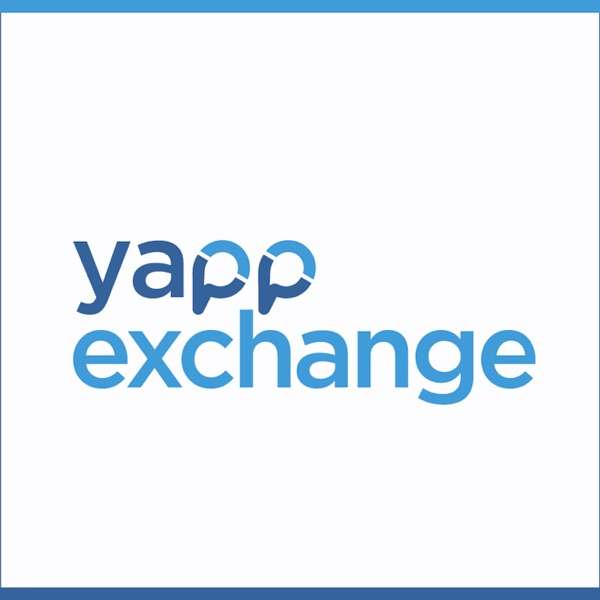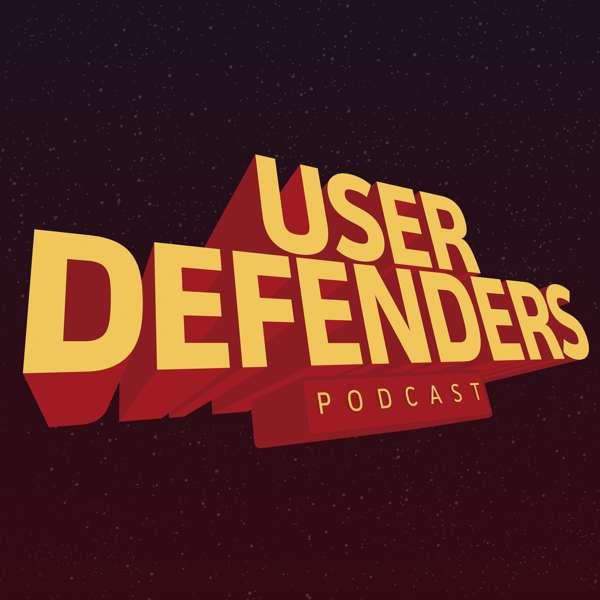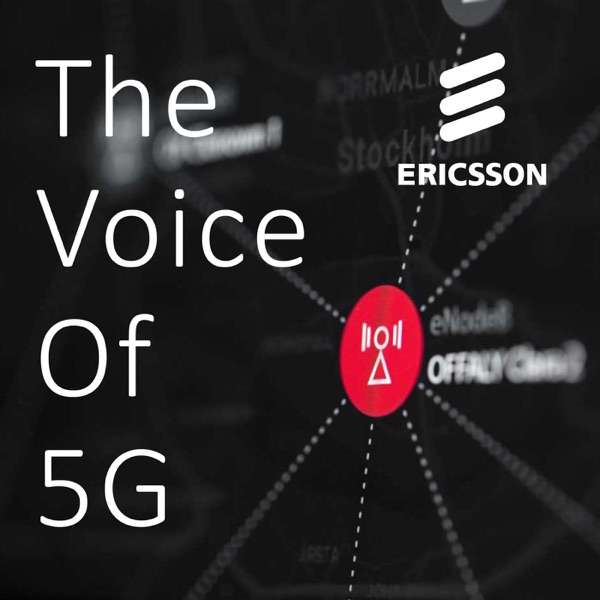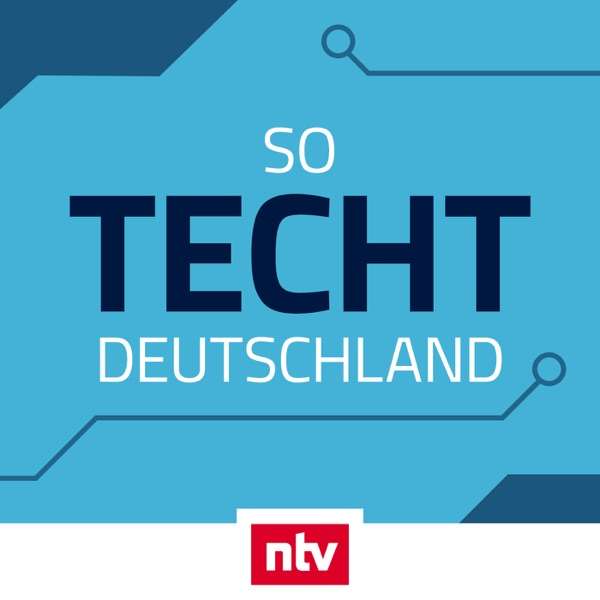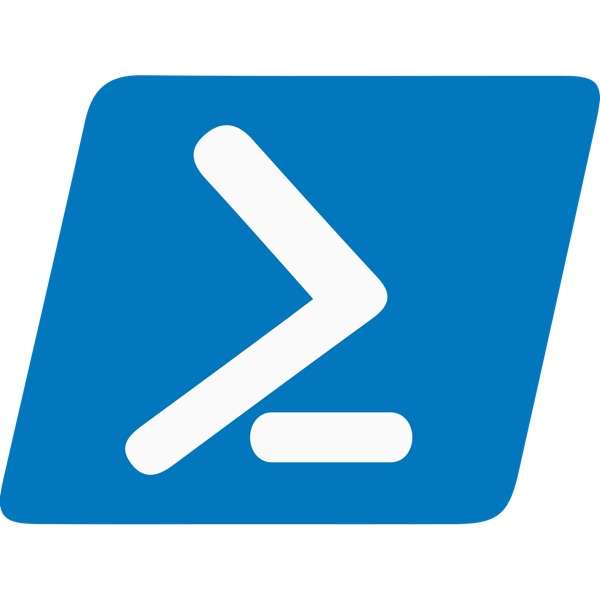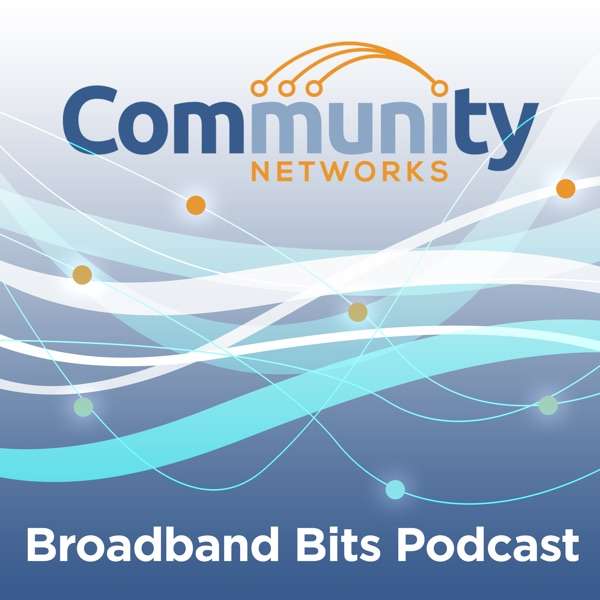What does it take to create experiences customers love, craft campaigns that captivate, and drive measurable results?
Insights Unlocked features candid conversations with the builders, creators, and innovators driving some of the world’s most impactful digital transformations. Tailored for marketing, product, UX and CX leaders, each episode delivers actionable insights to help you create customer-first strategies and stay ahead in today’s competitive landscape. Each episode is about 30 minutes long.
From optimizing product launches to leveraging AI for smarter workflows, Insights Unlocked is your go-to resource for designing experiences that resonate, drive loyalty, and achieve business results. Guests include influential leaders like Brian Solis, April Dunford, Kate Towsey, Jacob Nielsen, Teresa Torres, and Judd Antin among others, offering their expertise in CX, UX, and innovation. The podcast also highlights strategies and success stories from leading brands such as Verizon, Signet Jewelers, Figma, Microsoft, Tesco Bank, and more.
UserTesting leaders and industry experts join as guest hosts, alongside show producer Nathan Isaacs, award-winning journalist and Senior Manager of Content Production at UserTesting.
Brought to you by UserTesting, the leader in human insights and proactive customer experience strategies, Insights Unlocked empowers CMOs and marketing teams to craft experiences that drive growth, loyalty, and impact.
Listen and subscribe wherever you get your podcasts. Show notes, curated clips and more at usertesting.com/podcast.
- Home
- Top Charts
- Top Networks
- Top Apps
- Top Independents
- Top Podfluencers
- Top Picks
- Top Business Podcasts
- Top True Crime Podcasts
- Top Finance Podcasts
- Top Comedy Podcasts
- Top Music Podcasts
- Top Womens Podcasts
- Top Kids Podcasts
- Top Sports Podcasts
- Top News Podcasts
- Top Tech Podcasts
- Top Crypto Podcasts
- Top Entrepreneurial Podcasts
- Top Fantasy Sports Podcasts
- Top Political Podcasts
- Top Science Podcasts
- Top Self Help Podcasts
- Top Sports Betting Podcasts
- Top Stocks Podcasts
- Podcast News
- About Us
- Podcast Advertising
- Contact

 Our TOPPODCAST Picks
Our TOPPODCAST Picks  Stay Connected
Stay Connected


